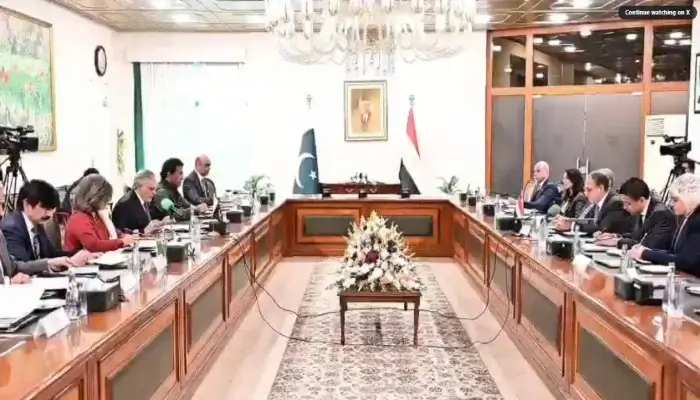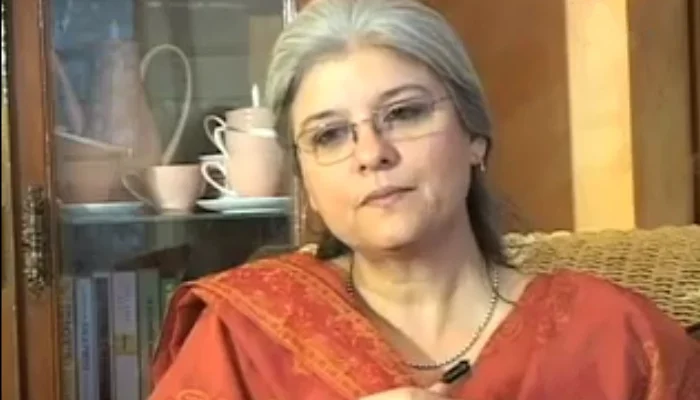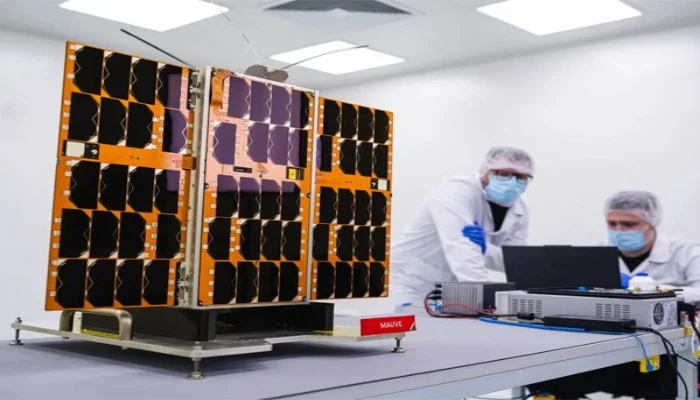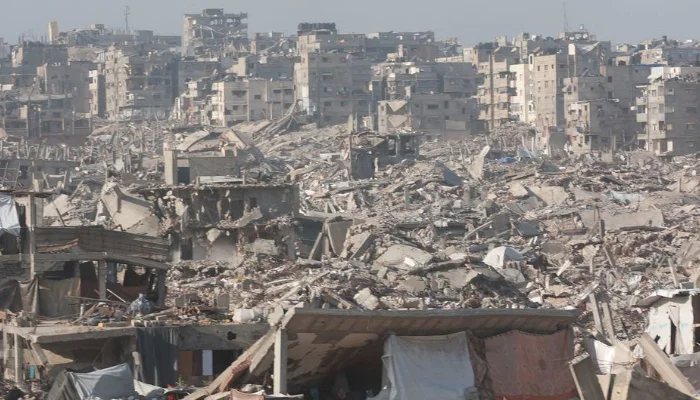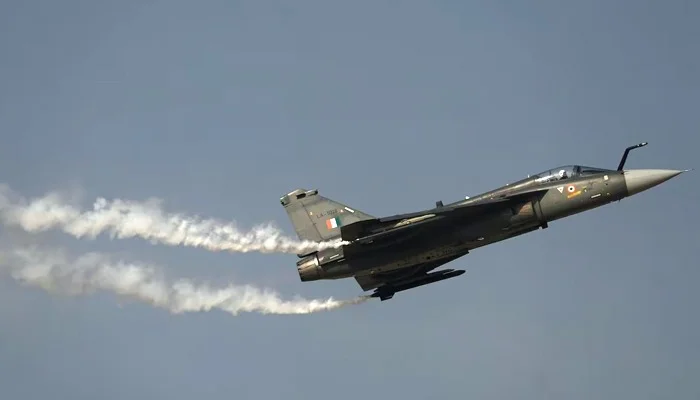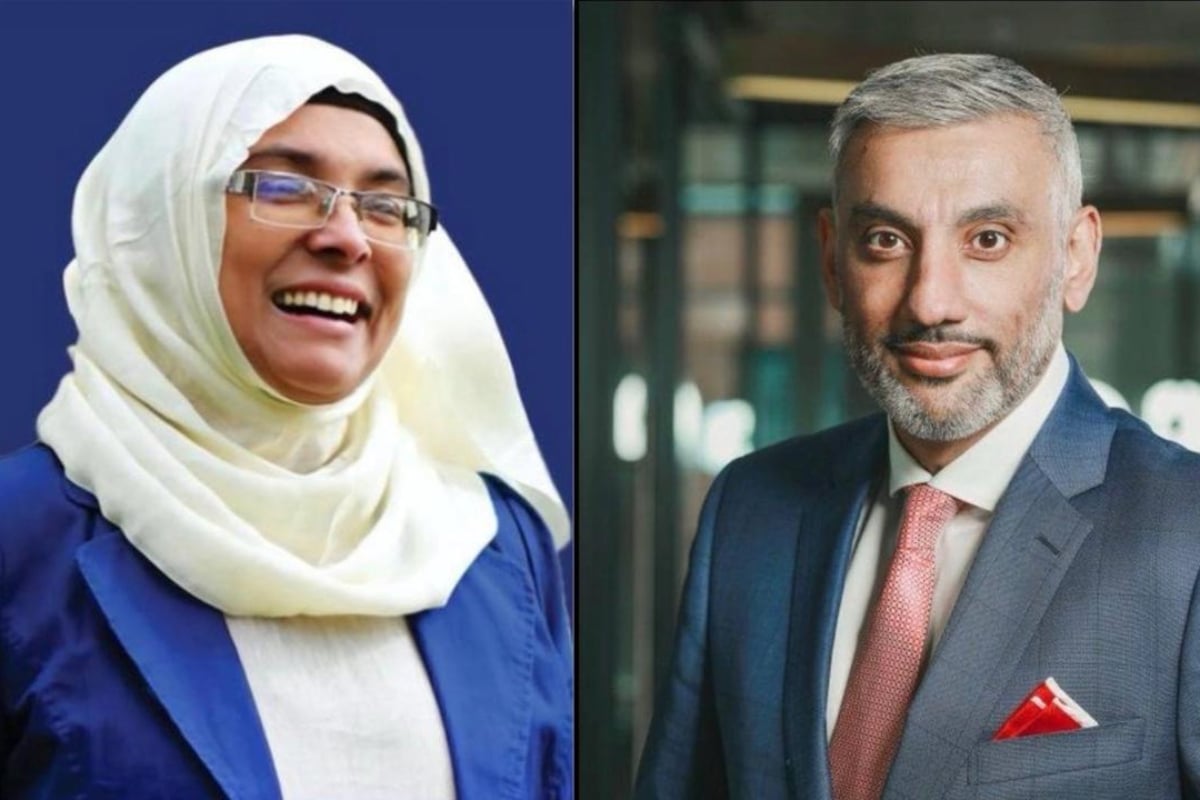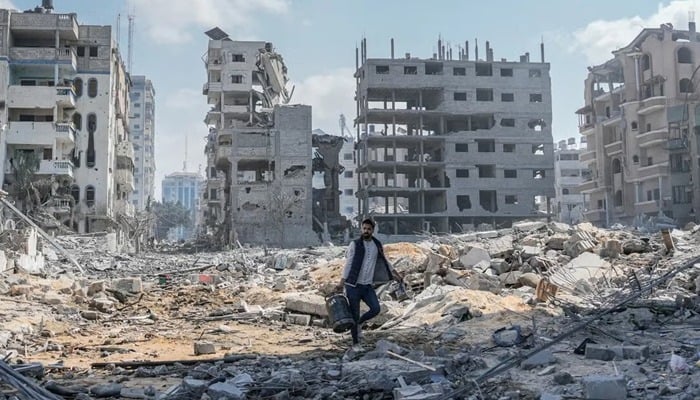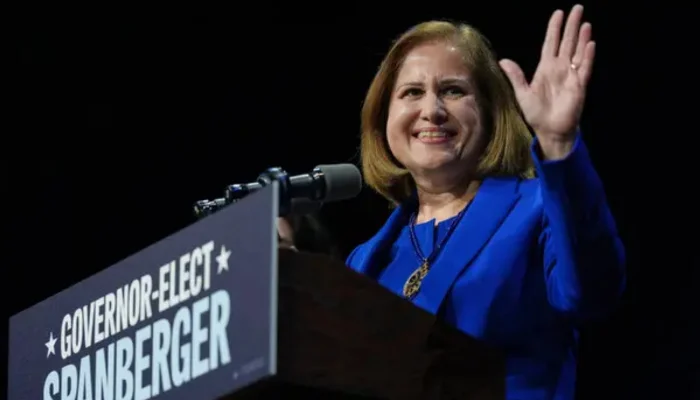- Moncef Marzouki fears returning to Tunisia.
- Kais Saied is part of a counter-revolution against the 2011 movement.
- He is trying to return to the pre-revolution political system.
Moncef Marzouki, the first permanent leader after the 2011 revolution, fears returning to Tunisia.
Marzouki told Al Jazeera that Tunisia’s current leader, Kais Saied, is part of a “counter-revolution” against the 2011 movement and is trying to return to the pre-revolution political system, starting with the new constitution he introduced after a July referendum.
Marzouki: “Once again, one man has all the power.” After the revolution, we didn’t want this. One man wrecked Iraq, Syria, and Libya.”
“He’s returning to the old political structure, and he’ll face the same challenges as his predecessors since one man can’t run a nation.”
Saied, a populist, was elected president of Tunisia in 2019 on a platform that blamed the country’s economic troubles on the political class, notably Marzouki.
He’s gained power since then. Before the new referendum, which changed the country’s system from a hybrid parliamentary one to a presidential one, he suspended and then dismissed parliament in July 2021. Opponents have accused him of turning what had been the Arab Spring’s main success story into a dictatorship and cracking down on his opponents.
Marzouki explains Saied’s rise by saying the revolution needed more time and that he exploited people’s frustrations.
Marzouki: “Democracy can’t provide instantly.” “People are impatient because they’ve suffered under the regime…
Then a politician says, “Look, democracy isn’t producing anything, they’re just talking, look at the corruption.”
Marzouki’s analysis isn’t popular.
Many in Tunisia, including Saied’s supporters, feel Marzouki and other political leaders who ruled after 2011 failed and a change was needed.
Some call it “the black decade.”
Marzouki deflects criticism. While admitting to some shortcomings, including as a three-year transition phase during which little was done to strengthen the economy, the former president argued the main difficulties were caused by “regional powers'” anti-revolution stance.
“Tunisia’s failure is the Arab Spring’s failure,” stated Marzouki. “Democratization in every country is a regional and worldwide issue. It suggests Tunisia couldn’t succeed because regional forces sabotaged the democratic transition.
Marzouki wouldn’t say which regional powers he meant. Tunisia’s opposition accuses the UAE of undermining the country’s democracy.
The UAE reaffirmed its support for Tunisia’s government after parliament was suspended and has backed Saied.
Marzouki claimed Tunisia’s opposition was profoundly split and unable to rebut Saied’s narrative, even if referendum turnout was low.
Marzouki, who founded one of Tunisia’s largest left-wing groups, said, “I’m trying hard to help them sit together, discuss together, and forget about ideological differences.” Even in Tunisia, we couldn’t bridge the secularists and Islamists. I think society will change, not political parties. Political parties will join the wave, but won’t drive it.
Marzouki says Saied’s inability to deliver makes change unavoidable. Future protests worry him.
“I fear [the protests] could be more violent… since teenage discontent and fury is high,” added Marzouki.
“Governments fear the next revolution because there won’t be transitional justice or pardons.”
“The most realistic image is an Arab volcano, not an Arab Spring,” Marzouki said.
“The volcano’s stable… Volcanoes are pressurized and could erupt at any time.
“Poverty, humiliation, frustration, anger” The volcano has all these ingredients. Nobody knows how or when the volcano will erupt, but it will.


